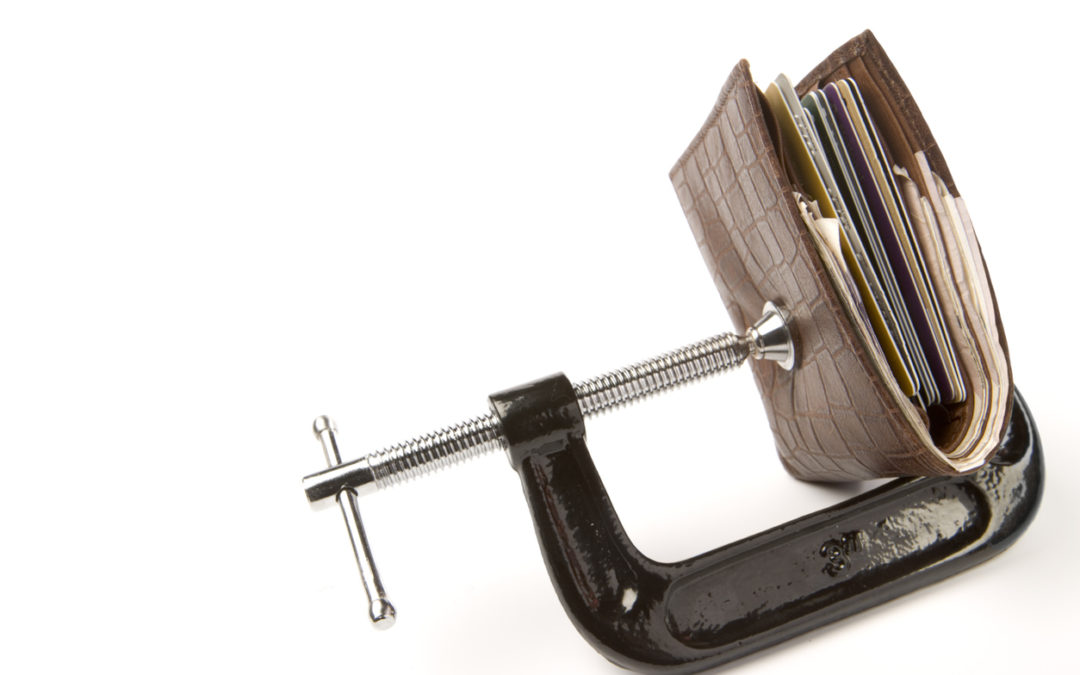People over the age of 65 often have financial trouble. The problem has been called a “silent crisis” because so many seniors simply do without basic needs and remain quiet out of pride or hopelessness. The good news is that there are plenty that seniors can do to deal with monthly cash shortages and even long-term fiscal troubles. Here are a few tried-and-true tips that can bring a measure of relief to those struggling to survive and thrive on fixed incomes.
Make a Precise Budget
It’s difficult to reduce expenses unless you know exactly where your money is going. That’s why it’s essential to spend time making a very detailed monthly budget. Include every penny that goes out and comes in, along with due dates and any other important information.
You can use any spreadsheet application to place all the items in chronological order. You’ll instantly be able to spot the discrepancies and identify where adjustments are needed. One key point here: Don’t let the budget get you down, especially if you are “in the red.” Budgeting is an important first step in dealing with financial difficulties.
Shop Strategically
For the vast majority of seniors, the easiest way to cut monthly bills is with a bit of strategic shopping. That means doing things such as making a detailed grocery list, shopping for food only one time per week, planning several meals in advance, and eliminating at least one junk food item that you truly can live without.
Joining a major shopping club is another great idea to save money on groceries. These major “warehouse-style” stores sell items in bulk, which helps reduce the amount seniors have to pay. Although there is a monthly fee, the potential savings quickly pay many times over.
Perform a Few ‘Quick Fixes’
After making a budget and weekly grocery list in full detail, consider a few quick fixes that many seniors use to reduce their expenses. Here are some of the most common ones:
- Go through any advertising mailers you receive and ferret out a few applicable coupons for the items you already buy on a regular basis.
- Check your insurance policies to see if you can get better rates. For example, you could be eligible for a lower rate on your car insurance if you bundle policies, have a clean driving record, and take steps to prevent your car from being stolen. If you’re a pet owner and insure your pet, look for more affordable options. Some policies lower your deductible each year you don’t submit a claim.
- Ask about senior discounts, including theaters, sporting events, and fast-food restaurants. Not all senior specials are advertised so you’ll be surprised at how many 10 percent and 15 percent off deals you can get just by asking.
- Get rid of cable and magazine subscriptions you don’t need.
- If you live in a house that has more space than you need, consider selling and downsizing to a condo or home with less square footage.
- Replace every light bulb you have with low-energy versions that last longer and put out just as much brightness. This is a fast, easy, and effective way to cut monthly utility bills. You’ll notice the savings within a month.
Virtually anyone can cut expenses and boost income with a little bit of creativity and effort. The bottom line to your financial challenge is budgeting. You need to know exactly what’s coming in and going out before you can act to reduce spending and raise income.

